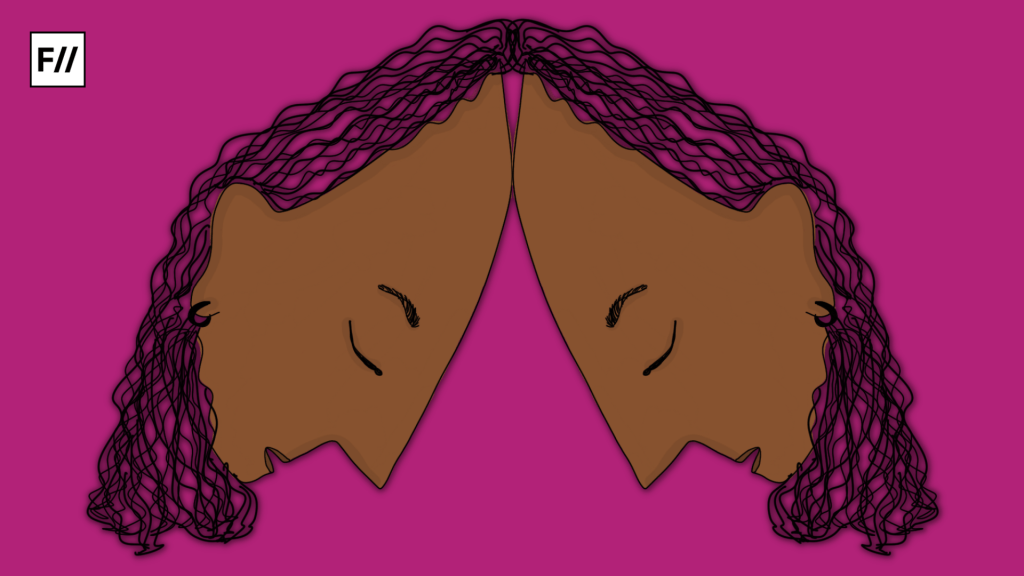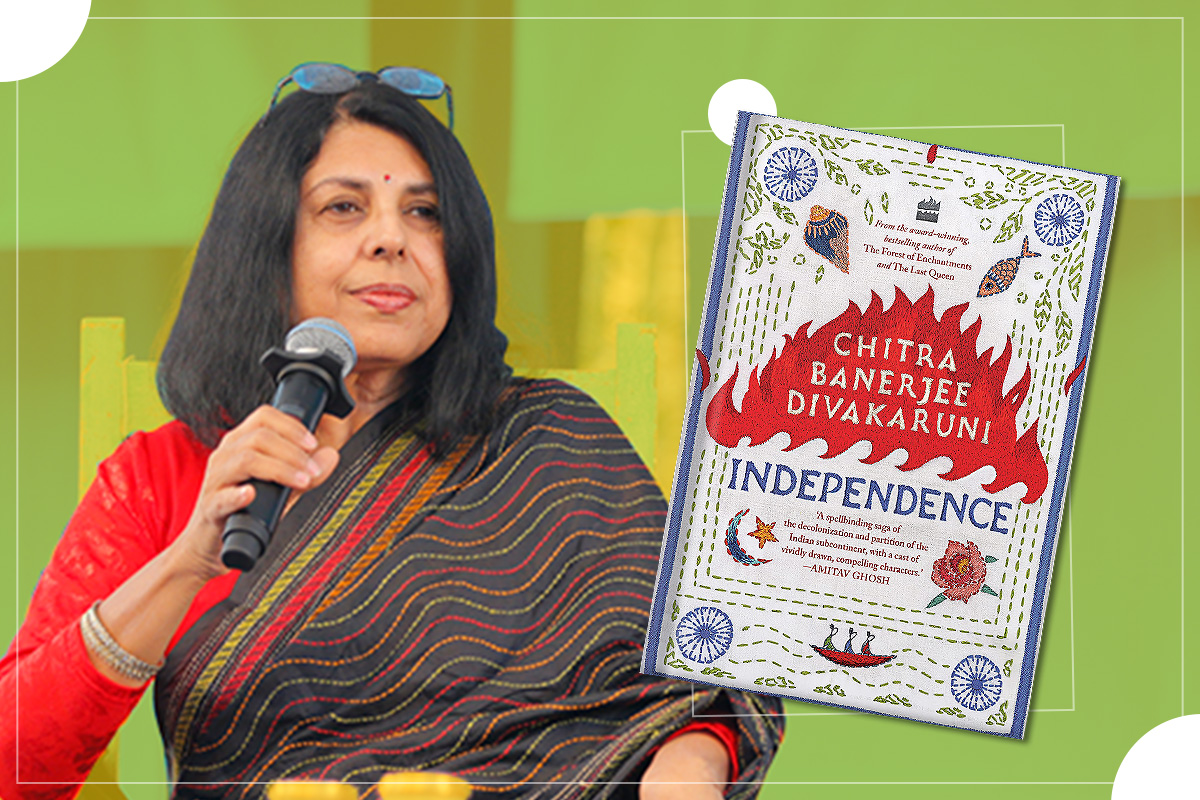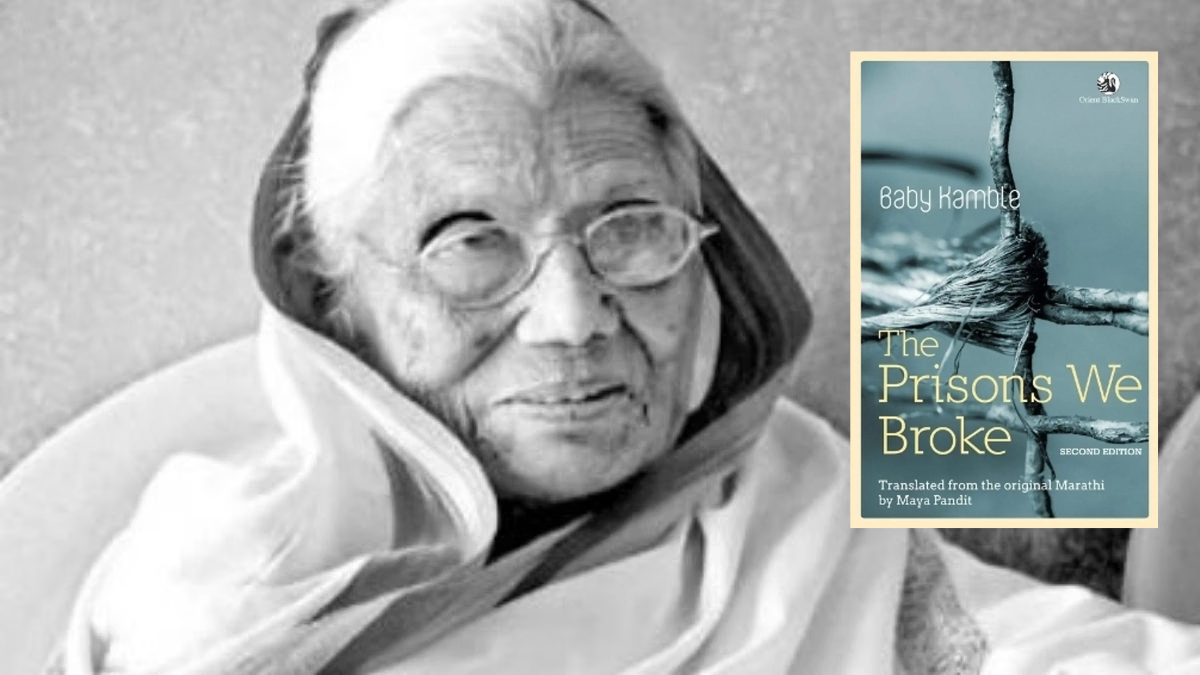In an age when food flows abundantly, women are still conditioned to forego something as vital as daily nourishment to conform to masculine conceptions of femininity founded on selflessness and slenderness. The phenomena of diet culture and sacrificial motherhood are glaring examples of such conditioning: the former requires a woman to restrict her intake of food, to appease the male gaze; the latter calls upon mythical inherent stores of self-sacrifice, asking a woman who is a mother, to forego her portions of meals to satiate her family.
Ironically, the menial task of cooking and feeding the members of a family conventionally falls upon the woman. The toils and troubles of the kitchen are seen as essential to the femininity in the South Asian household where cooking is affirmative of her womanhood, and not a daily drudgery. To be a wife, a mother and a daughter-in-law is to perform for the benefit of men. Such dogmas are questioned in Purabi Basu’s short story, “French Leave” (translated by Sarmistha Dutta Gupta from Bengali). The story depicts the upheavals in a patrilocal family, owing to its protagonist, Radha’s simple refusal to cook. The story is ripe with reflections upon women and their relationship with food, and its manifestation within the family structure.
French leave and cooking
One fine morning, Radha wakes up and decides she will not cook that day. The “abnormality” of her choice- which defies all structures confining the woman to the kitchen- is established by the normalcy of her environment: the weather is pleasant, there have been no quarrels in the household, and her health is perfect, as is her son’s. Conditions which might have incited Radha to her rebellion are ruled out as factors, causing one to question her sanity. This is reflective of the extent to which the capitalist-patriarchal ethos has infiltrated our thinking, driving us to view the subjection of the woman as the norm, while her assertion of agency against such servitude is seen as a mark of her deviant mind.

Contextualising her situation in the light of our realities, we are forced to confront the images of mothers caged by kitchen walls, wives racking their brains for something new to cook, and an impatient chorus of “When will the food be ready?” emanating from the table. These images are normative- they have been normalised as opposed to being normal.
Women weren’t born to cook, they haven’t been cooking since the dawn of time, and shouldn’t be doing so for an eternity, however much we’d like to believe it. Hence, mustn’t we question why the woman is forced to cook day after day with no end in sight, as opposed to why she has chosen not to?
Wages for your wife?
The woman in her role as the homemaker becomes the embodiment of the worker. Rather she is worse off, for her labor is not recognised as labor. Instead, she is her work. Her work in the household obscures her identity to such an extent that it becomes her identity. The implications of such a condition have been explored by Marxist feminist Silvia Federici, with her vociferous demand for wages for housework. Federici sees the homemaker’s condition as a twofold capitalist concoction: to extract labour from the woman as the homemaker for free; while the man’s role as bread earner is cemented, pushing him to replicate the oppressive relations of production under the capitalist order.

Radha’s refusal to cook, thus is the image of the worker on strike- calling society to reevaluate the conditions under which she is forced to toil daily. The household where absolute mayhem ensues is forced to recognise the significance of her daily labour rather than brush it aside. Yet such recognition brings reactions veering on the violent: while Radha’s mother-in-law resorts to scathing verbal retorts, her husband’s anger takes the more tangible form of physical violence. He vehemently shakes the enchanted Radha, who is just tasting honeyed freedom; failing to rouse her from her rapture, he breaks the pot of rice in the house, in an attempt to display his repressive power. Yet Radha, who has remained meek and servile so far has broken free from the suffocation of the kitchen; her liberty finds expression in the tranquillity of nature.
The story has a tinge of magic to it, with natural forces seemingly dancing on Radha’s fingertips; however, this is a symbiotic bond in stark contrast to the oppression fostered in the family.
To cook or not to cook?
With Radha’s ability to influence nature’s course comes control over her own body as a part of nature. What rouses Radha from her reverie is the plea of her child, Sadhan, who appears amused by Radha’s decision. Being a child, he is yet to be conditioned into patriarchal norms; he is solely drawn to his mother by his hunger. The figure of the mother has always been equated with nourishment and sustenance, with the intricacies of pregnancy and breastfeeding enabling her to feed her children even before biological birth.

However, it is a patriarchal perversion of this natural bond that compels women to continually sacrifice their own needs and desires, to fulfil those of their children. Images of mothers going hungry to feed their children and households are abundant while women prioritising their sustenance over another’s is a blot in the name of womanhood.
Basu’s Radha can reach a compromise. She will feed her son without sacrificing her agency as she is expected to do. She calls to the great mother, Nature, to feed her child; consequently, fruits and seeds and the bounty of nature bloom before the reader’s eyes. However, failing to fully satiate Sadhan’s appetites, Radha finally calls upon the reservoirs lying dormant within her own body. The keen surprise of both the son and the reader is evident as Radha breastfeeds her son in a symbolic act of staking claim to her own body. She wills the milk to flow, which had become superfluous, and it does. The milk eases the child’s hunger while reestablishing the natural ties between mother and son which might have been gradually fraying due to cultural norms.
Sadhan is no more pleading with his mother to cook; he is cocooned in maternal nourishment. The power of Radha’s resistance is replete with this act, while also depicting the abundance of love she has for her son. Her refusal to cook is thus not fuelled by hatred or even indifference to her family members; it is, rather a refusal to succumb to the servility demanded of her by the patriarchal family unit.
Radhas, beyond the kitchen
The figure of a woman who refuses to cook remains unimaginable for us even today. Basu’s Radha forces us to ask why it is so. Food remains vital to the survival of every human being; the insistence that its preparation falls solely upon one-half of the human race is an absurdity, especially when that half is also conditioned to actively deprive itself of the food it prepares.
Marriage pinpoints the role of the woman as the sustainer, and the cook while refusing to recognise or appreciate the labour which goes into such a task. The gendered inequality rampant in the preparation and consumption of food is nowhere as evident as in the household. “French Leave” calls for a recognition of the same. Radha’s resistance must rouse us from our ignorance to the conditions of subjugation of our mothers, our sisters, our daughters and above all, ourselves. With the contemporary enthusiasm for renovating living spaces, the kitchen needs to be remodelled foremost- to function as a kitchen, not a cage.
References:
1. ‘Resistance to Paterfamilias in Purabi Basu’s two short stories: “Radha Will Not Cook Today” and “Saleha’s Desire”’, Nahid Kaiser (https://doi.org/10.3329/sje.v6i0.13912) 2. ‘The Politics of Breastfeeding in Northeast Indian Literature’, Morgan Richardson Dietz (https://doi.org/10.1017/pli.2022.16)
3. “French Leave”, tr. Sarmistha Dutta Gupta, in The Stream Within: Short Stories by Contemporary Bengali Writers, translated and edited by Swati Ganguly and Sarmistha Dutta Gupta (French Leave, Purabi Basu)
4. ‘Wages Against Housework’, Silvia Federici (Federici, Wages Against Housework) 5. ‘Women against Women: A Study of Purabi Basu’s “Radha Will Not Cook today” and “Saleha’s Desire”’, Rifat Binte Joynal (https://doi.org/10.4236/als.2022.104027)





An excellent article ❤️❤️❤️❤️
In our society we’ve normalised the politics of ‘cooking and feeding ‘ accepting our pre-destined gender roles. This critical study of ‘French Leave’ can be an eye – opener for many suffering from patriarchal subjugation.
We all must think twice before putting our feet into the shoe of an ideal wife/daughter in law/mother…once we fit ourselves into it, there may not be any escape…the upsurge of a man’s expectations will gradually chain us to perpetual slavery and our unpaid labour will remain unpaid, unrecognised forever…
Some superb insights into the everyday life of Indian women and their relationships with nourishment and food, an uncharted space in itself. It wheels out, through decade-old conventions. It’s an astounding and praiseworthy article that I have read in a long time.